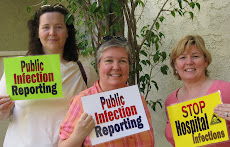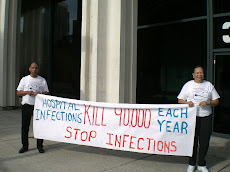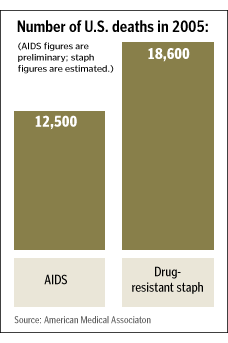From Academic Medicine
The Attitudes and Experiences of Trainees Regarding Disclosing Medical Errors to Patients
Original Post 05/29/2008
Andrew A. White, MD; Thomas H. Gallagher, MD; Melissa J. Krauss, MPH; Jane Garbutt, MB, ChB; Amy D. Waterman, PhD; W. Claiborne Dunagan, MD; Victoria J. Fraser, MD; Wendy Levinson, MD; Eric B. Larson, MD, MPH Author Information
Abstract and Introduction
Abstract
Purpose: To measure trainees' attitudes and experiences regarding medical error and error disclosure.
Method: In 2003, the authors carried out a cross-sectional survey of 629 medical students (320 in their second year, 309 in their fourth year), 226 interns (159 in medicine, 67 in surgery), and 283 residents (211 in medicine, 72 in surgery), a total 1,138 trainees at two U.S. academic health centers.
Results: The response rate was 78% (889/1,138).
Most trainees (74%; 652/881) agreed that medical error is among the most serious health care problems. Nearly all (99%; 875/884) agreed serious errors should be disclosed to patients, but 87% (774/889) acknowledged at least one possible barrier, including thinking that the patient would not understand the disclosure (59%; 525/889), the patient would not want to know about the error (42%; 376/889), and the patient might sue (33%; 297/889).
Personal involvement with medical errors was common among the fourth-year students (78%; 164/209) and the residents (98%; 182/185). Among residents, 45% (83/185) reported involvement in a serious error, 34% (62/183) reported experience disclosing a serious error, and 63% (115/183) had disclosed a minor error. Whereas only 33% (289/880) of trainees had received training in error disclosure, 92% (808/881) expressed interest in such training, particularly at the time of disclosure.
Conclusions: Although many trainees had disclosed errors to patients, only a minority had been formally prepared to do so. Formal disclosure curricula, coupled with supervised practice, are necessary to prepare trainees to independently disclose errors to patients by the end of their training.
Introduction
The rise of the patient-safety movement and the publication of the Institute of Medicine report To Err is Human[1] have drawn the attention of both the public and physicians to the problem of medical errors. Physicians are increasingly expected to recognize, prevent, and properly disclose medical errors. In particular, ethical standards and guidelines that have emerged from accrediting organizations[2] and professional bodies[3] reflect a movement toward greater transparency in communicating with patients about errors. Although a few schools provide formal instruction in disclosure, these skills are largely taught via the hidden curriculum and role modeling.[4,5] There is little known regarding trainees' attitudes about and experiences with medical errors or their experience in disclosing errors to patients.
Despite the fact that patients uniformly endorse the disclosure of harmful errors,[6,7] such disclosure currently seems to be uncommon.[8,9] Emerging research is shedding new light on the disconnect between expectations that errors will be disclosed to patients and current clinical practice. Recent survey data from practicing physicians highlight their support for the general concept of disclosure and the difficulty they experience actually disclosing errors to patients.[10,11] Although less is known about trainees' attitudes and experiences regarding medical errors and their disclosure, the available literature suggests that most trainees have been personally involved with errors[9,12,13] and that discussing these events with patients presents substantial challenges for residents.[14,15] In one study, 76% of housestaff reported that they had made a serious medical error that they had not disclosed to the patient or a family member.[12]
Academic health centers can enhance transparency in health care by preparing new physicians for the challenges of recognizing and disclosing errors. Like all accredited organizations, they are also required by Joint Commission regulations to ensure patients are informed about unanticipated outcomes in their care.[2] Improving disclosure and meeting these regulatory goals require understanding how trainees perceive, experience, and disclose errors. Therefore, we undertook a multicenter cross-sectional survey of trainees to explore their attitudes and experiences regarding medical error and error disclosure.
Subscribe to:
Post Comments (Atom)









No comments:
Post a Comment